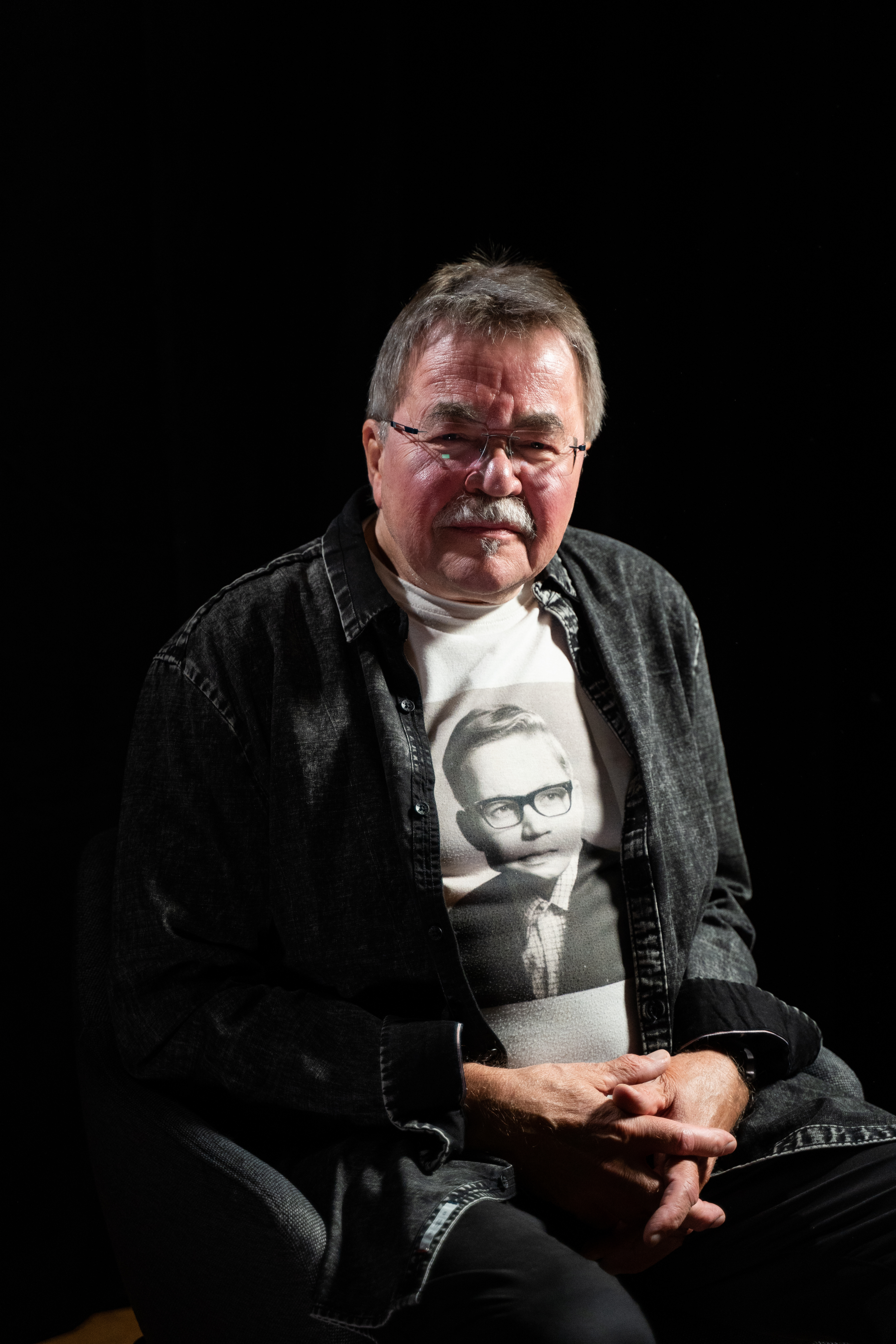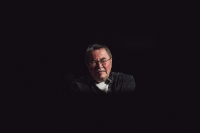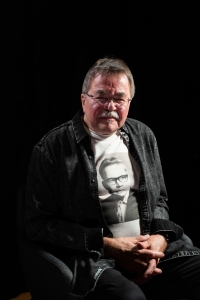An unlikely love story in a Siberian Gulag

Stáhnout obrázek
Ingolf Beyer was born in 1953 in Bischofswerda. His mother, Anna Meta Beyer, née Olsowski, grew up on the countryside in East Prussia. The war felt like it was far removed from her life until her four brothers were drafted and two of them died in the war. In February of 1945, the Red Army invaded East Prussia and abducted civilians and sent them into Gulags as forced labourers. This was also the fate of Meta Olsowski, her twin sister and her father. In freight wagons, they were brought to a camp near Kopeysk in Siberia. While her father died shortly after of typhoid, Meta Olsowski had to work in a coal mine, transporting the coal the shaft. In the Gulag, she met Werner Richard Beyer, who was a German prisoner of war playing in the camp orchestra. Both of them were released in 1949 and returned to their families – Werner Beyer to Bischofswerda in East Germany and Meta Olsowski to Lauenburg in West Germany. This is where her mother and older sister lived after being expelled from East Prussia. Meta Olsowski decided in 1951 to move to East Germany in order to marry Werner Beyer. In 1953, their son Ingolf was born. He became an engineer and is today very interested in the German-Polish reconciliation.

